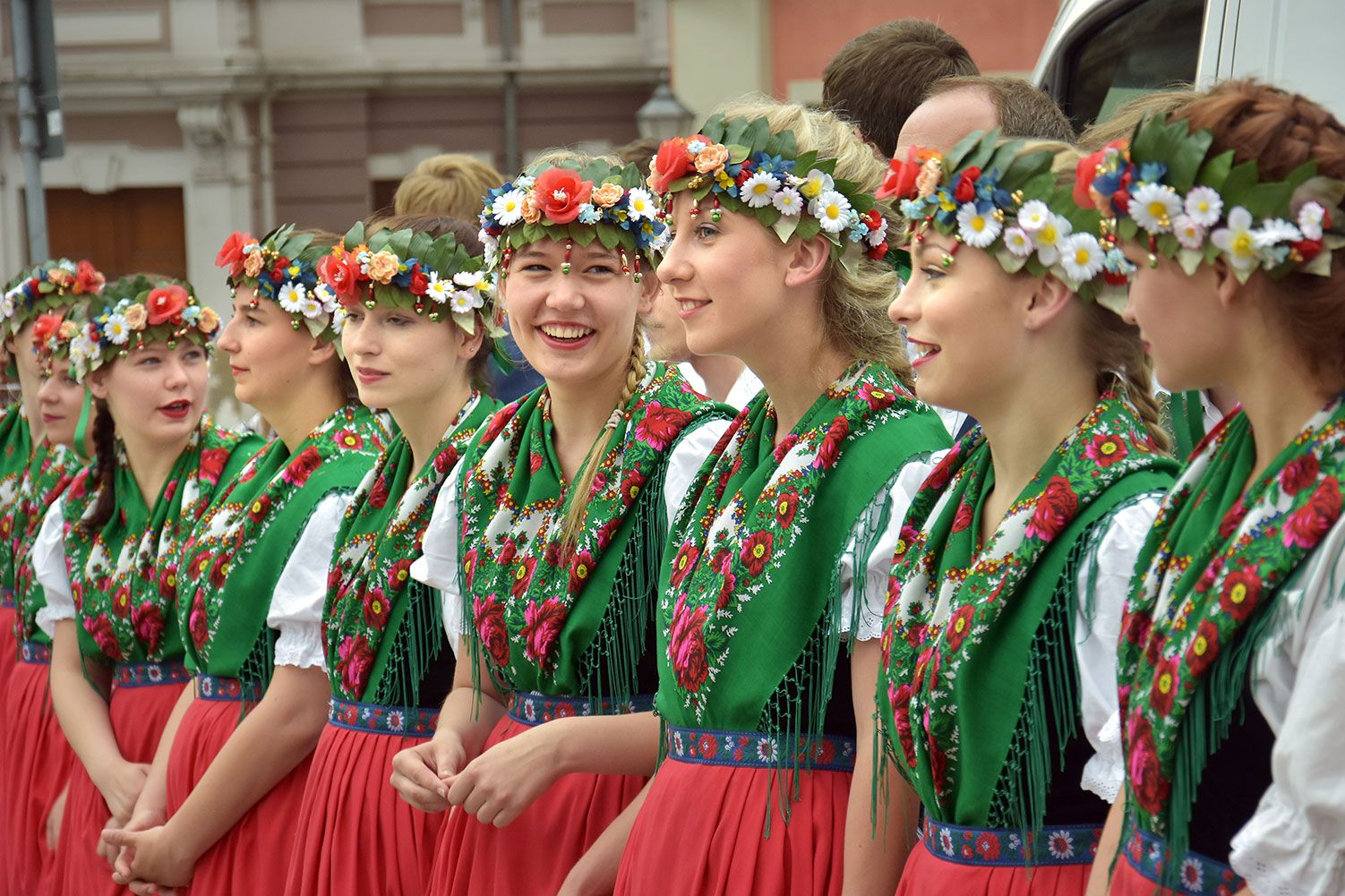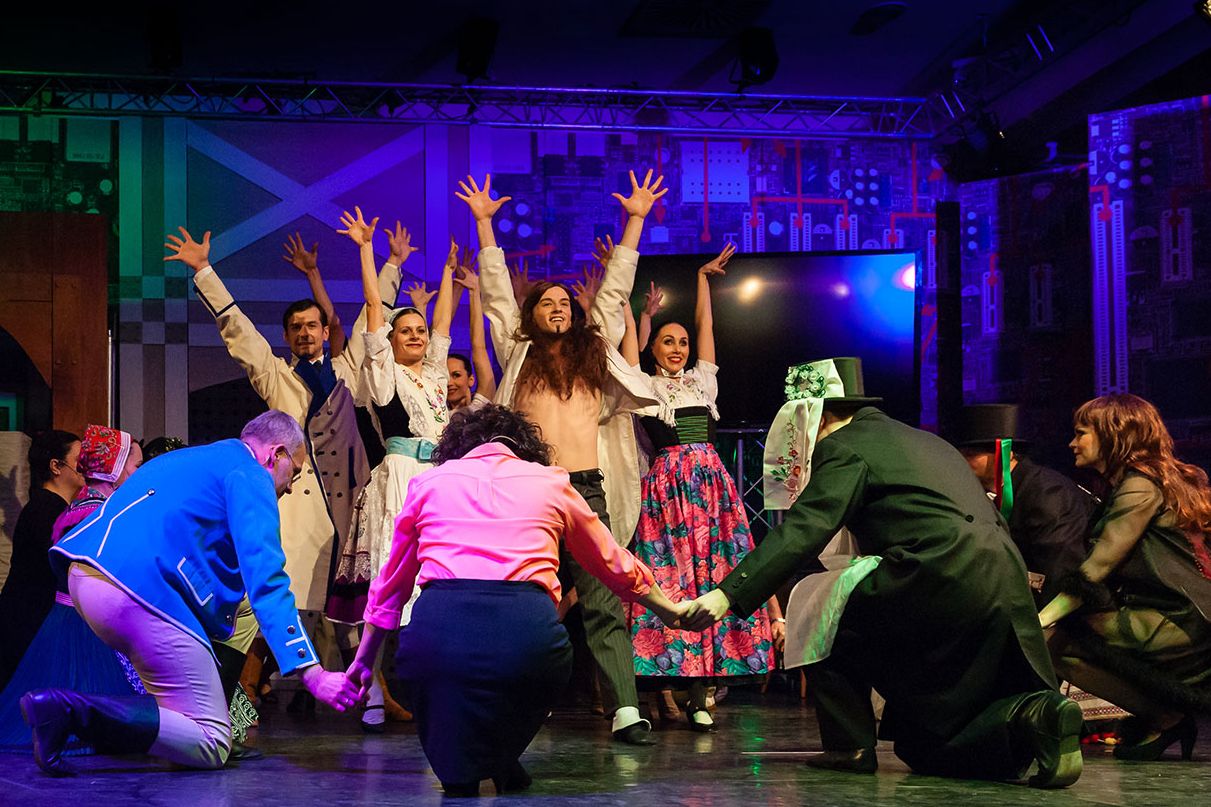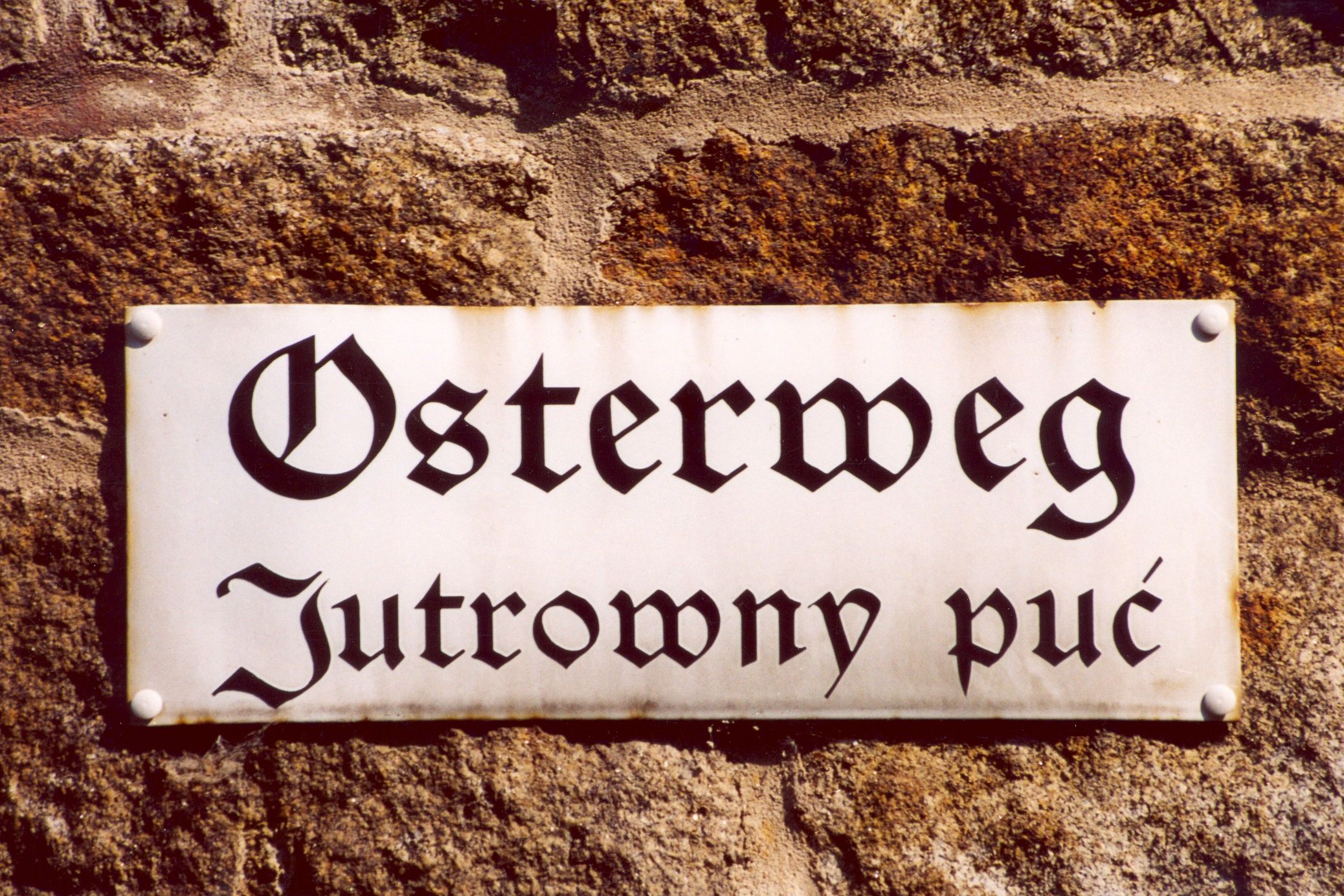The Sorbs
Bautzen is the political and spiritual-cultural center of the Sorbs. It is the home of the most important cultural and political institutions of this smallest Slavic people – the Sorbs. There are several schools and a kindergarten where children and adults can learn and speak Sorbian.
Over 1000 years ago Slavic tribes settled large parts of Central and Northern Germany. The founding of Budissins or Bautzen goes back to the year 1002, when the main castle of the Slav Milzene, is documented for the first time. For a thousand years now, Sorbs and Germans have been living together here in Bautzen.
Today in the Lausitz there are only about 60,000 Sorbs, who have no other motherland apart from Germany. Approximately five to ten percent of the City’s population today is of Sorbian nationality. The city is committed to its German-Sorbian history and culture, and this is indicated in the first instance through the bilingual signposting of all streets and squares as well as public facilities.
The main statute of the city of Bautzen values the coexistence of the Sorbs and Germans as an enrichment of the City. The City Council has, accordingly, passed legislation to promote the Sorbian language and culture, and formed a working group for Sorbian affairs.
The Sorbian language belongs to the West Slavic language group. The Upper Sorbian spoken around Bautzen has stronger similarities with the Czech language, the Lower Sorbian spoken around Cottbus tends to be more akin to Polish.



